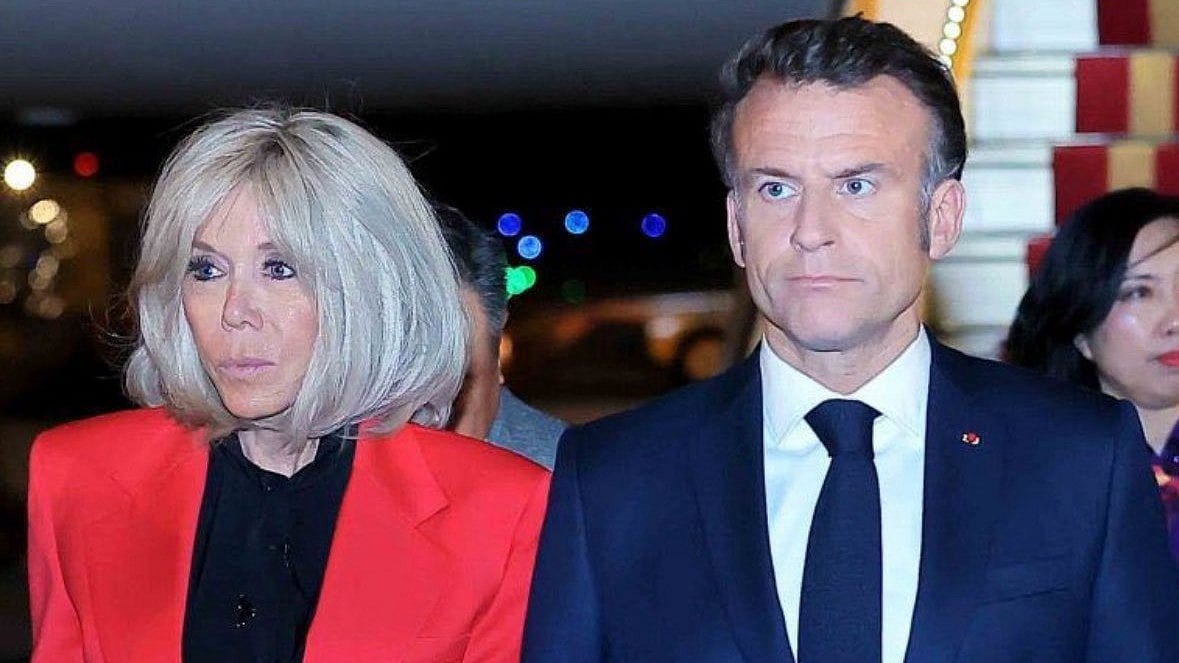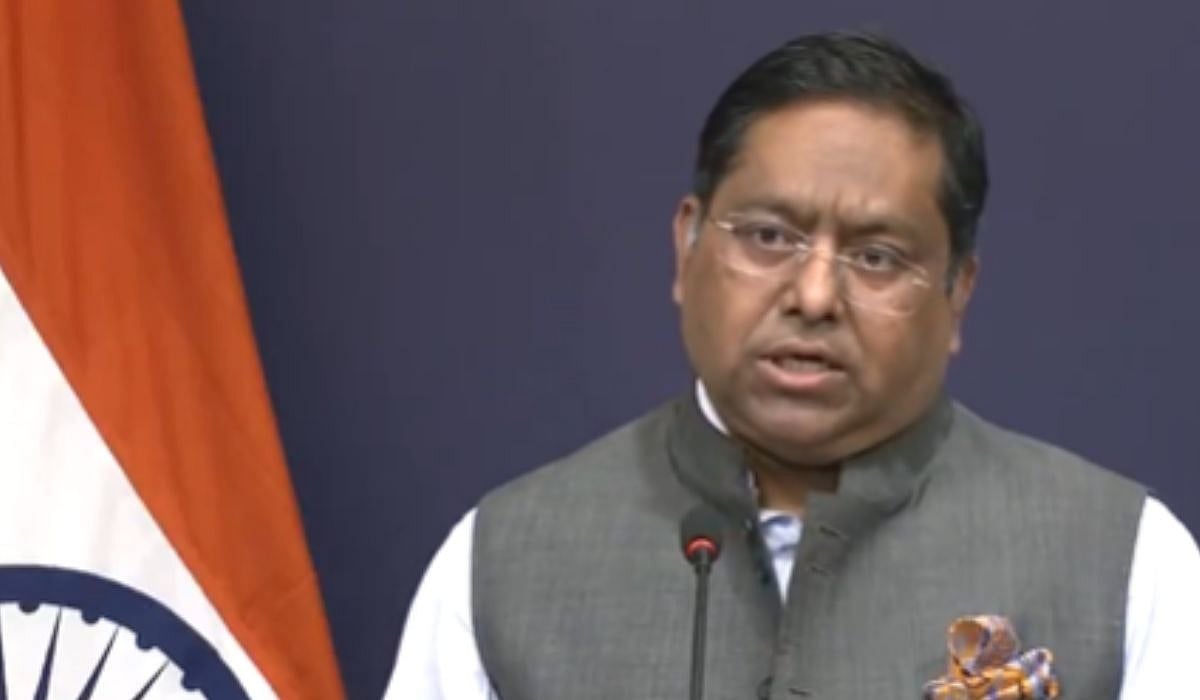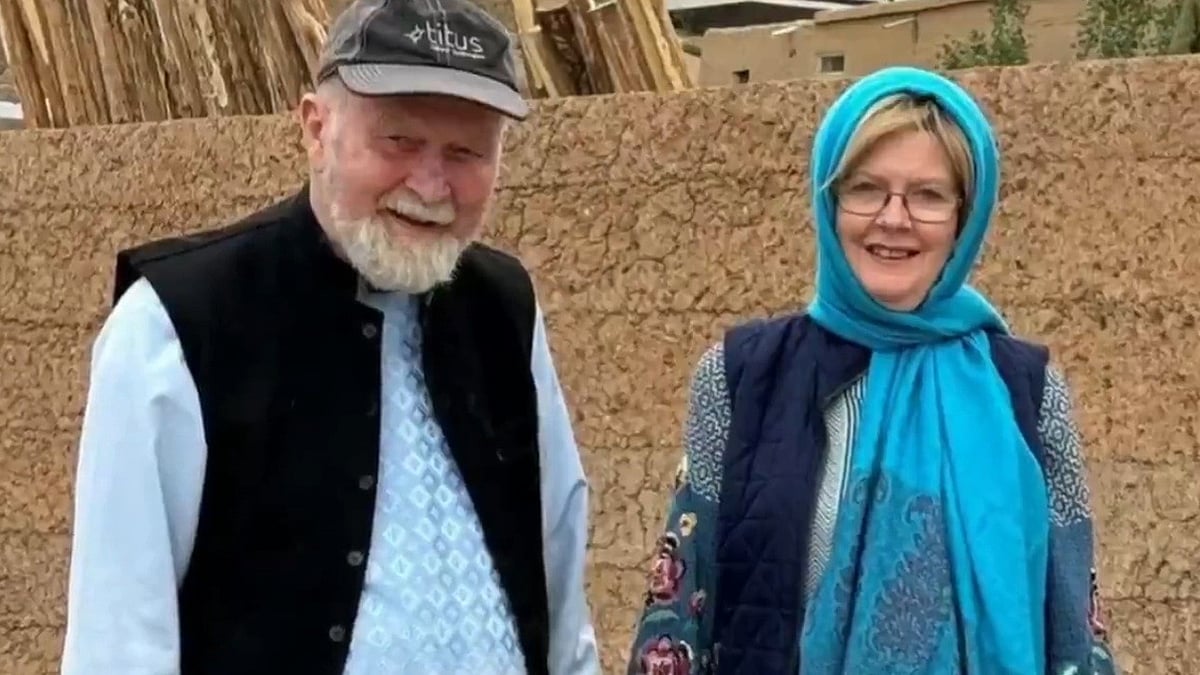On June 13, 2025, Israel launched one of its most extensive military operations in decades, striking Iranian nuclear facilities, missile bases, and high-profile targets, including top generals and nuclear scientists.
As casualties climb and the region stands on edge, Free Press Journal’s Afrida Rahman Ali speaks to Israeli political analyst Ori Goldberg, live from Tel Aviv. Goldberg is a former university professor, national security consultant, and author specializing in Iranian affairs and the politics of the Middle East.
Here are key excerpts from their conversation:
Q: Donald Trump claims that he prevented an Israeli operation to assassinate Ayatollah Khamenei. Do you believe Netanyahu is on that trajectory?
Ori Goldberg: Netanyahu is “going for broke.” He sees this war as his only option after the strategic failure in Gaza. He believes a war with Iran will rally international support and distract from Israel’s actions in Gaza. Trump may have blocked the assassination, but he won’t support sending U.S. troops into Iran.
Q: What are your concerns as both a citizen and a political observer in Tel Aviv? Do you see any path other than continued escalation?
Ori Goldberg: Yes, international pressure, especially from G7 nations, could be a solution. Neither Iran nor Israel can truly “win” this war. Israel has no clear endgame; Iran may only manage a war of attrition. The only viable path is diplomatic mediation—perhaps reviving the nuclear deal talks.
Q: Netanyahu says the offensive will continue until Iran’s nuclear capabilities are destroyed. What’s your take on this aggressive stance?
Ori Goldberg: The Holocaust references Netanyahu makes are shameful. If he believes divine or historical suffering gives Israel the right to violate international law and strike a sovereign nation, he is mistaken. Israel doesn’t have the capability to destroy Iran’s nuclear program completely. The threat he talks about is speculative.
Q: You say Netanyahu doesn’t have a definition of victory. Can you elaborate?
Ori Goldberg: Absolutely. Just like in Gaza, Netanyahu hasn’t articulated what “victory” looks like. There's no political roadmap. Without a clear goal, Israel cannot win. This absence of strategy means the war is unsustainable and risks further chaos.
Q: Could Trump have supported this offensive if it were successful early on?
Ori Goldberg: Most likely, yes. Trump waited on the sidelines. Had Israel achieved major success in its initial strikes—like regime decapitation or a nuclear rollback—Trump may have endorsed it. But as time drags on, even Trump and Western leaders will distance themselves.
Q: What about the regional implications? Iran reportedly has support from Pakistan and tension is rising in the Gulf.
Ori Goldberg: Middle Eastern countries were warming up to Iran recently. Israel’s attack disrupts this rapprochement. Israel thrives on tension; others don’t. Iran has expressed willingness to return to negotiations—provided Israel stops attacking. That’s a legitimate condition, and the world must take it seriously.
Q: Do you see Netanyahu backing off in the near future?
Ori Goldberg: He’s walking a tightrope. Israeli citizens can endure a few days of disruption, but not indefinitely. If the war drags and devastation mirrors what Israel inflicted on Gaza, Netanyahu’s current support could quickly turn sour.
Q: Iran is in a bind—more attacks could invite more retaliation, but giving in to a U.S. deal could look like surrender. What should Iran do now?
Ori Goldberg: Iran may retaliate for a few more days, but they’ve signaled a desire to de-escalate. This is the moment for diplomacy. The world must pressure Israel to pull back. The Iran case is where the global community might finally draw a line.
Q: Netanyahu continues to justify attacks by citing an "existential threat" from Iran. How would you counter that?
Ori Goldberg: Israel reportedly has hundreds of nuclear weapons; Iran has none. The “existential threat” narrative is flawed. Also, if this was a preemptive strike, how can it have been in the works for over a year? That makes it premeditated, not urgent. It violates international law.

Conclusion:
Goldberg’s analysis makes one thing clear: this war lacks a coherent objective, and the stakes are dangerously high. As the Free Press Journal continues to bring you frontline updates and deep-dive conversations, the world waits anxiously for sanity—and diplomacy—to prevail.










